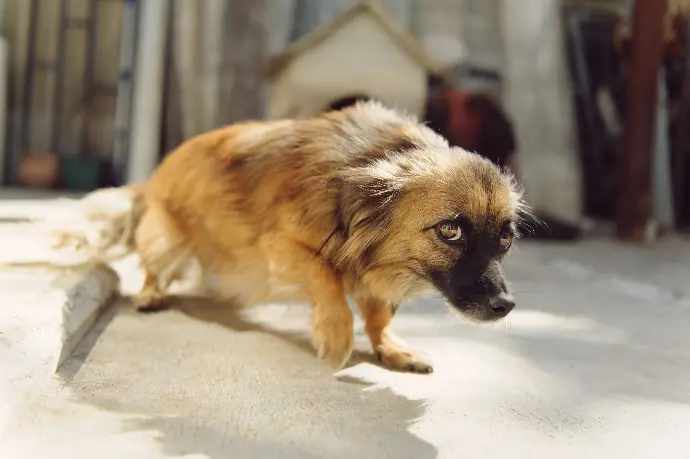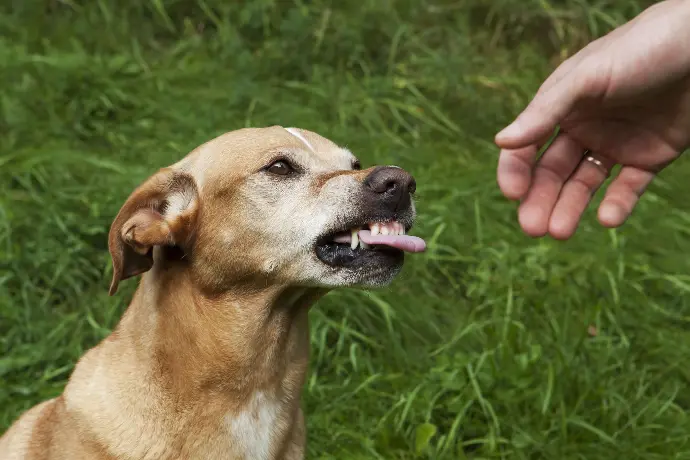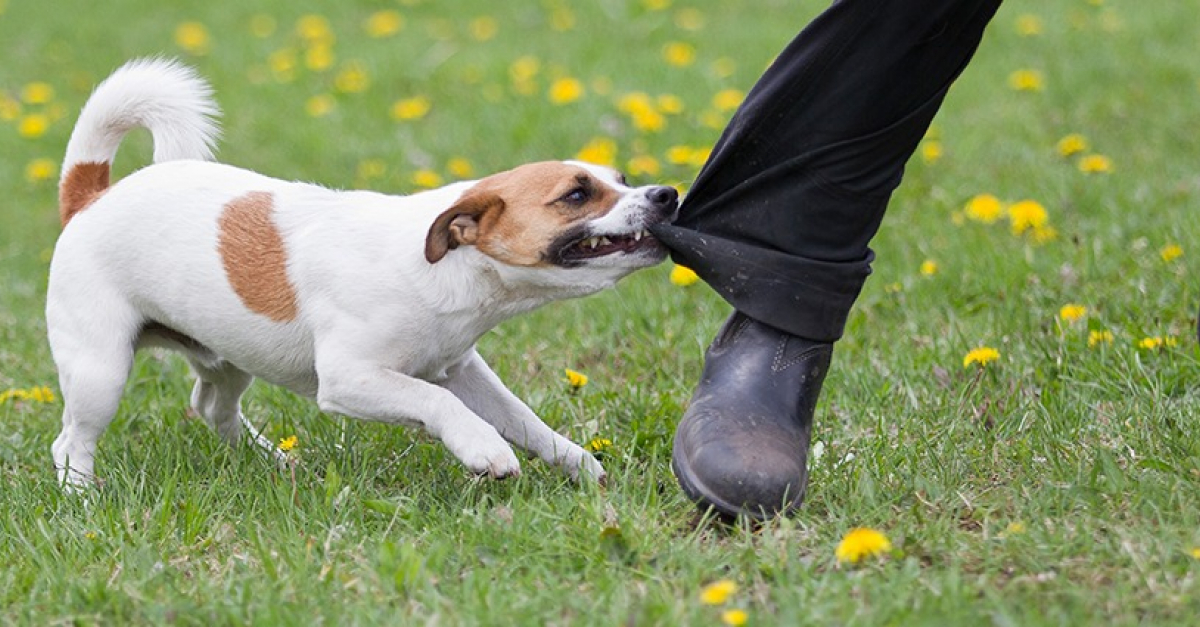This supplement was implemented following some complicated experiences that occurred at the salon while grooming dogs exhibiting these types of problem behaviors.

A so-called "difficult" dog is a dog which, due to its past experiences in grooming, or which quite simply due to its level of sensitivity and tolerance, is not able to manage its emotions and behaviors during grooming, whether it is is educated or not. The word “difficult” therefore represents behaviors such as:
- Constant barking or constant crying (may be caused by separation anxiety, for example)
- Extreme dynamism (those I like to call "tap dancers": they move non-stop and in all directions while struggling not to stay on the table, in the bath or even in the living room! If they have to stay an hour, they're going to dance for an hour)
- A categorical refusal to be touched (paws, head, muzzle, ears, etc.)
- A terrible fear of the noise of tools during use (clippers, noise of scissors, hair dryers, etc.)
- Self-inflicted strangulation (I'm talking here about the clip clipped around their neck during grooming to ensure their safety. Due to their fear and stress caused by the situation, they feel "imprisoned" and therefore seek to escape by all means. When wanting to jump out of the bathtub or the grooming table, they pull very hard on this clip, causing strangulation which can cause slight to severe injuries.)
Regarding the possible danger, I come back to the tap dancers and the categorical refusal to let themselves be touched. The danger here is that I am working with sharp, sharp tools and using them on a live animal, not a stuffed toy!
So dancing is all well and good, but an accident can happen so quickly... A visit to the vet for an injury, and at your expense, is never pleasant (for you and for your dog).
A dog qualified as difficult is therefore an animal in which one or more of the behaviors indicated above are present.
For the word "aggressive" to be assigned to a dog, you have to take it to the next level.
The aggressive dog will demonstrate one or more problem behaviors similar to those of a difficult dog, the difference with the latter is that its reaction to its fears during grooming will be that of attack.

In addition to difficult behaviors, he will adopt other behaviors such as:
- Growls with a rather low body positioning, sidelong glance, ears down and tail between the legs
- Exposing your teeth by sticking out your tongue
- Warning attacks (clacking teeth in our direction without biting)
- A categorical refusal to be approached or even touched
- L'attaque (parfois sans signes avant coureurs tels que ceux cités précédemment, le chien va littéralement nous prendre pour cible. Il peut au mieux agripper des vêtements, au pire mordre sévèrement la partie du corps la plus exposée et proche de lui, souvent une main, un avant-bras, une jambe, ou malheureusement le visage)
.

In the case of a serious bite to the hand resulting in a disability for example, it would suffice for it to be our dominant hand for the profession of groomer to be banned from the job, or even any manual profession. We must realize that without our hands, we are nothing in this profession.
The severity of a bite can result in the worst for us: no longer being able to pursue the job of our dreams, our passion, our means of exploiting our creativity, in addition to having disabled us for the rest of our daily lives.
So please, I cry out to you from the bottom of my heart, if you know that your dog has the characteristics of a difficult dog with a tendency to bite, or just aggressive, do not minimize the facts, do not minimize his behavior, because it can truly destroy a groomer's life.
It is often difficult to admit that your dog can exhibit this type of behavior, even though you know it, you simply deny it because you love him... And that, as a human above all, I understand it.
But know that as groomers, we are always wary of those who tell us "Ah but don't worry, he won't bite you!" or "My dog doesn't bite, it's not like him", quite simply because there is no reason for you to inform us of this, unless an event of this type has already occurred. product (or you simply want to state it without apparent context, and in this case so much the better!)
Again, please don't lie when the question of your dog's aggression is asked. It's simply a way for us to prepare ourselves to take care of him as best as possible and in the safest possible conditions, both for him and for us.
Thank you for reading the article to the end and taking the time to learn more!
I hope I was able to answer the question of “Why is there a difficult, aggressive or biting dog supplement”.
